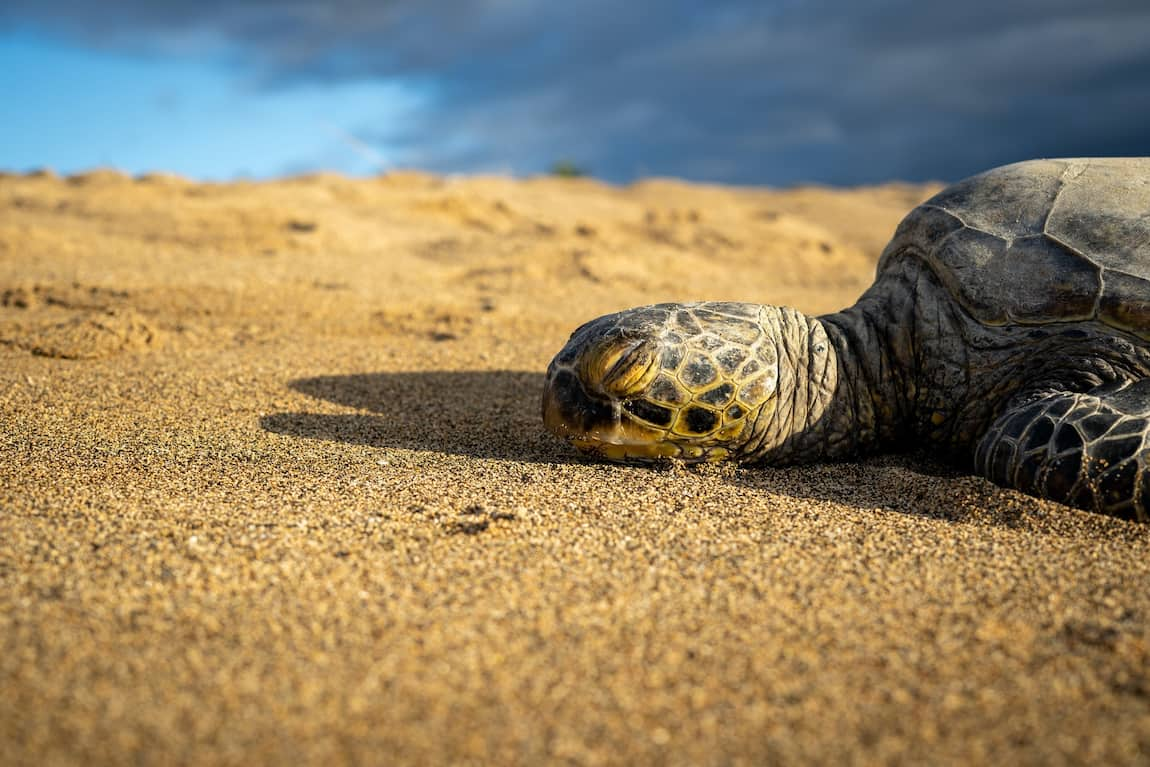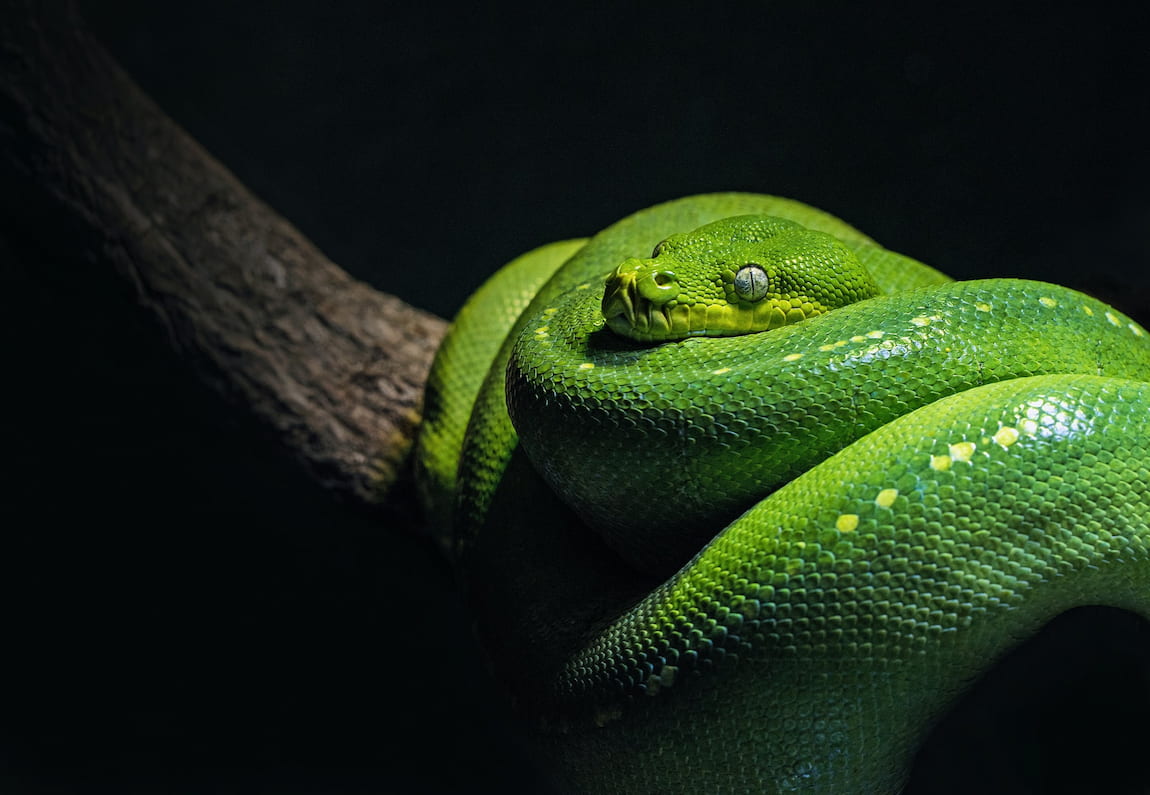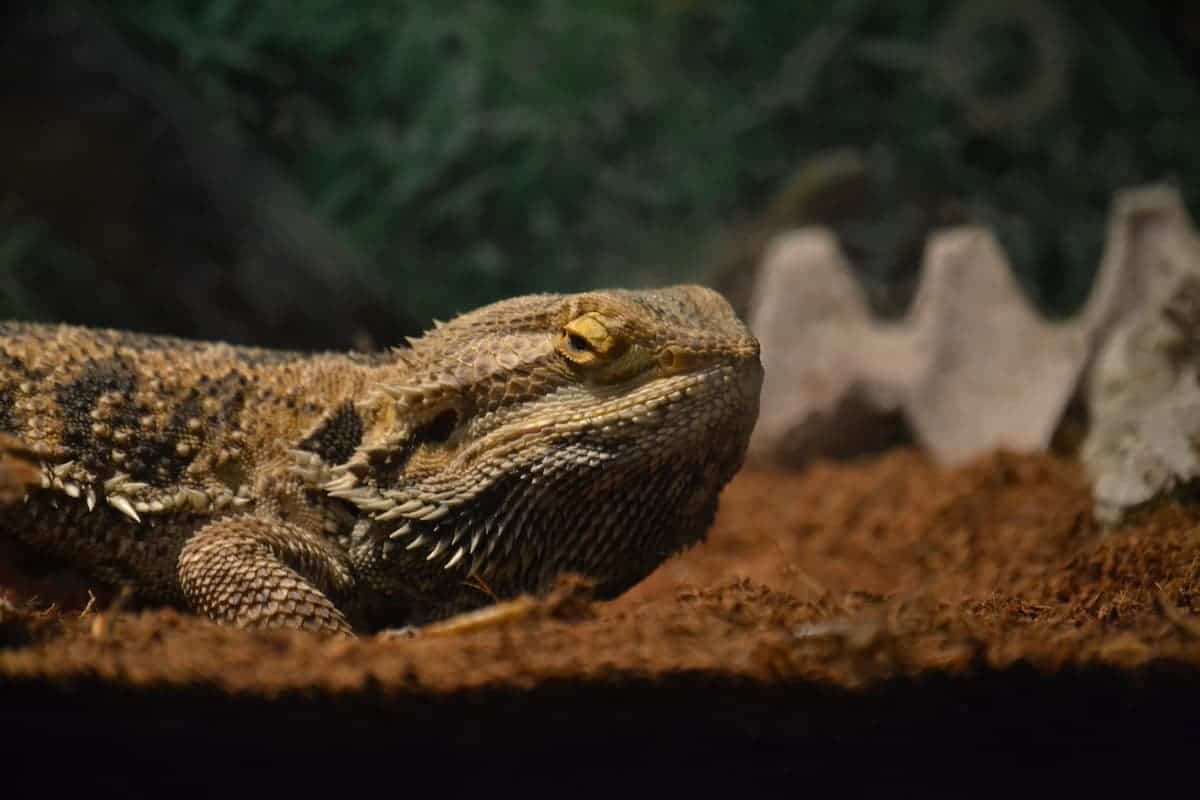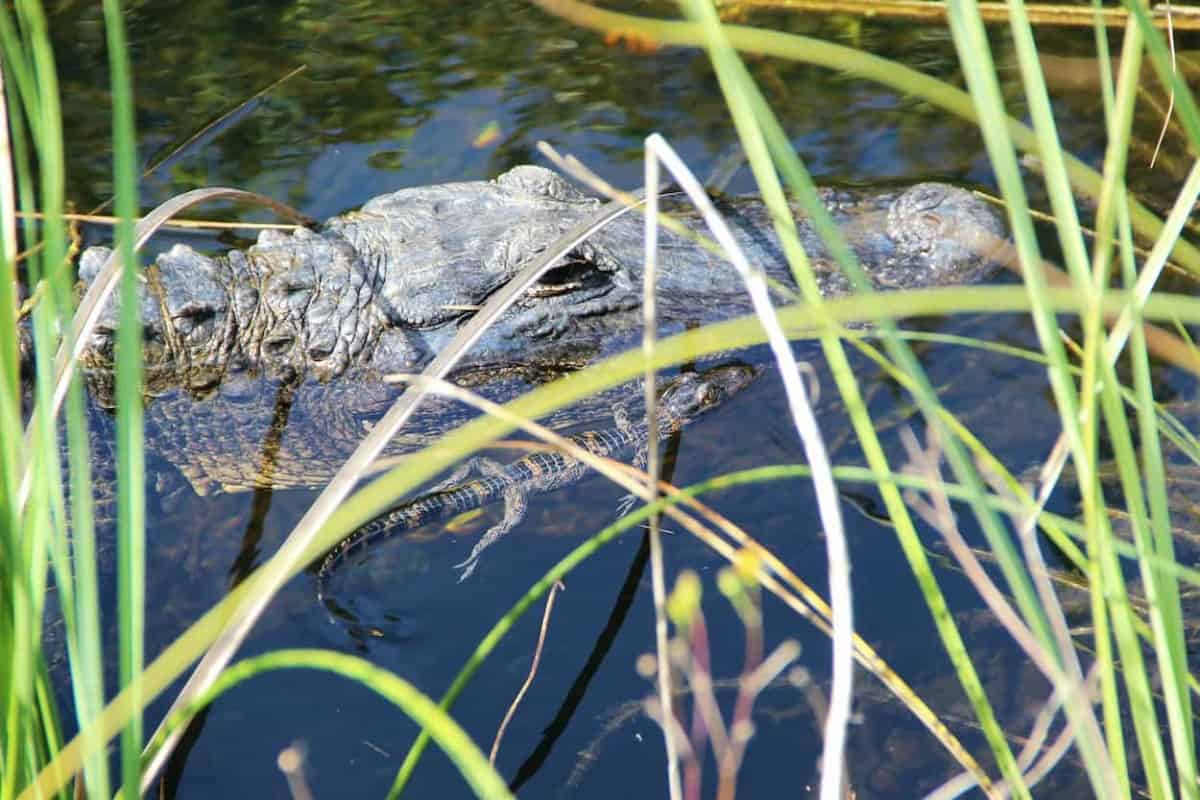Turtles are gentle and prehistoric creatures, but they need to sleep just like any other animal. Whether you have one as a pet, would like to have one, or are just plain curious, you might be wondering how long turtles sleep.
These gentle creatures tend to live long, healthy lives — much longer than your average goldfish — so you know that they get ample sleep, but the question still remains: for how long do turtles sleep?
How Long Do Turtles Sleep?
The turtle has a pretty diverse range of subspecies of different shapes and sizes, but interestingly enough, they all share a very similar pattern of sleep.
Most turtles sleep for four to seven hours per day. This number varies based on age, weather, location, and more, but overall, if your turtle is getting more than four hours of sleep per night, they’re going to continue to live a happy and healthy life.
Even if your turtle doesn’t sleep for an entire four hours, it’s common for turtles to nap throughout the day, so they’ll easily be able to make up the extra time later on.
Keep in mind, though, that turtles are delicate creatures that may suffer tremendously if their needs aren’t being met. Make sure that you’re not the reason why they aren’t getting enough sleep, and do everything you can to make their environment conducive to restful sleep (more on that later).
When Do Turtles Sleep?
We mentioned already that the turtle has a pretty wide range of subspecies, so not all of their sleeping patterns will look alike. Some turtles sleep during the night, while others prefer to be active at night and sleep during the day. It all depends on what subspecies you’re referring to.
For example, the Asian box turtle is primarily a nocturnal creature, sleeping during the day and running all of its turtle errands at night, while most basking turtles are active during the daytime and sleep at night.
Turtles who sleep at night typically do so because they’re aquatic turtles and need to be able to stay hidden from large predators, so they spend their active time under the cover of darkness.
So if you were wondering why your turtle seems to sleep all day long, it’s probably because it’s naturally nocturnal!
How Do Turtles Sleep Underwater?
It’s easy to assume that turtles have gills or the ability to breathe underwater since they naturally sleep underwater, but reality is much more interesting. Turtles can’t breathe underwater, so they come up for air whenever they need to.
Amazingly, turtles can remain underwater for extended periods of time, which can be hours at a time depending on the species. Sea turtles can sleep underwater for around four to seven hours, meaning that they usually don’t need to come up for air very often during sleep.
When turtles submerge themselves beneath the surface, their metabolic rate slows down significantly, allowing them to conserve energy and oxygen for a longer period while they rest.
Freshwater turtles like to sleep buried in mud or sand at the bottom of a pond, and can survive underwater for months due to their efficient use of oxygen and anatomy of their shells and skin. They don’t have gills as fish do, but are able to collect oxygen from the water through their skin.
Do Turtles Hibernate?
Hibernation is an important topic to consider if you have a pet turtle. In the wild, turtles hibernate (or brumate) when the temperature in their environment begins to drop, and can remain in hibernation for three to seven months. Food becomes scarce, so turtles seize the opportunity to take a long nap.
Unless you’re planning to breed your turtles, there’s no reason to force your turtles into hibernation or brumation. Certain conditions need to be met throughout hibernation, which can lead to your turtle’s death if missed.
As long as you keep your turtle’s water between 70 and 80 degrees Fahrenheit, and the temperature of their basking spot between 85 and 95 degrees Fahrenheit, your turtle won’t feel the need to hibernate. This can be challenging in some places during the winter season, but the necessary conditions can be met by using a water heater.
So just keep feeding them, keep them warm, and your turtle will likely have no need to go into hibernation or brumation.
Can Turtles Sleep in the Dark?
As we mentioned earlier, depending on the species of turtle, they will prefer to sleep either during the daytime or nighttime, but they all sleep with their eyes closed, so darkness is at least partially necessary for them to be able to rest well.
If you have a pet turtle, you can turn the light off when it’s time for them to sleep. Darkness helps them to feel more comfortable, and the more comfortable they are, the better they’ll sleep. Just make sure that having the light off won’t affect the temperature of their environment.
How to Make a Bed for Your Pet Turtle
To create the perfect sleeping environment for your turtle, make sure that the terrarium is in a quiet place away from children or loud noises.
Turning the temperature of the water down two or three degrees will help the turtle use oxygen more efficiently and sleep better. Just don’t make it too cold!
Make sure that your turtle has vegetation to sleep in or around, and that the water is clean. Installing a water filter will make this easy.
Turn the lights off at the same time every day (between 7 and 9PM) to keep your turtle’s internal clock set and on a regular sleep schedule.
Conclusion
Turtles are gentle creatures who sleep four to seven hours every day wherever they feel most safe, and will hibernate or brumate whenever the temperature drops and food becomes scarce. Ensure that your pet turtle stays happy and healthy by providing it with a proper environment that is conducive to restful sleep and helps them avoid hibernation.





